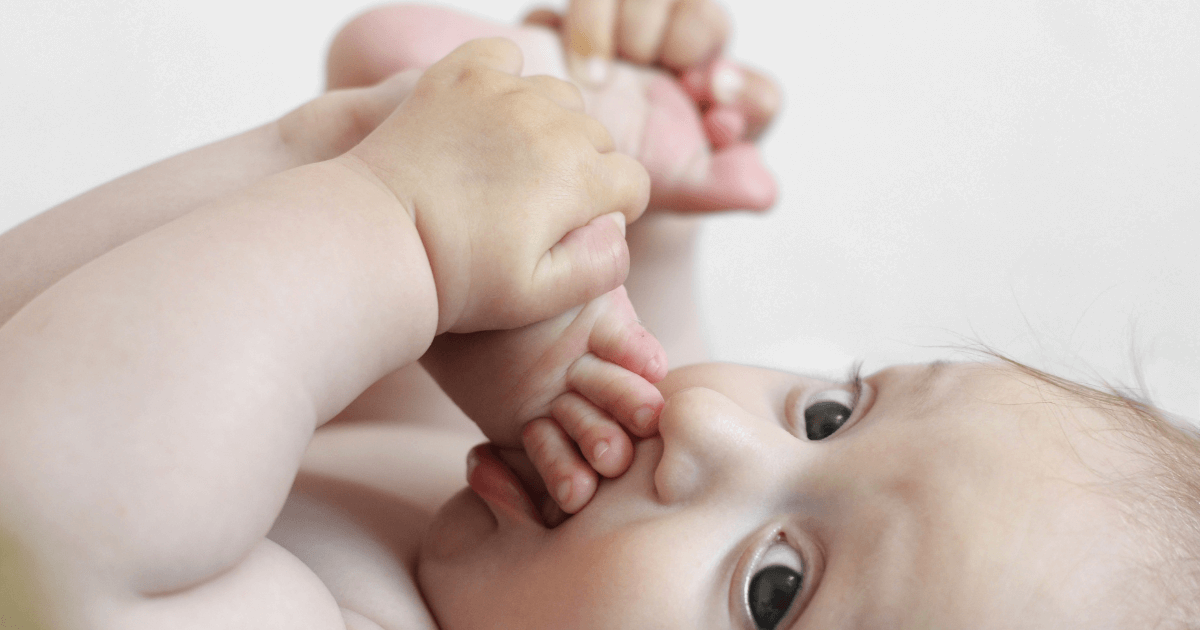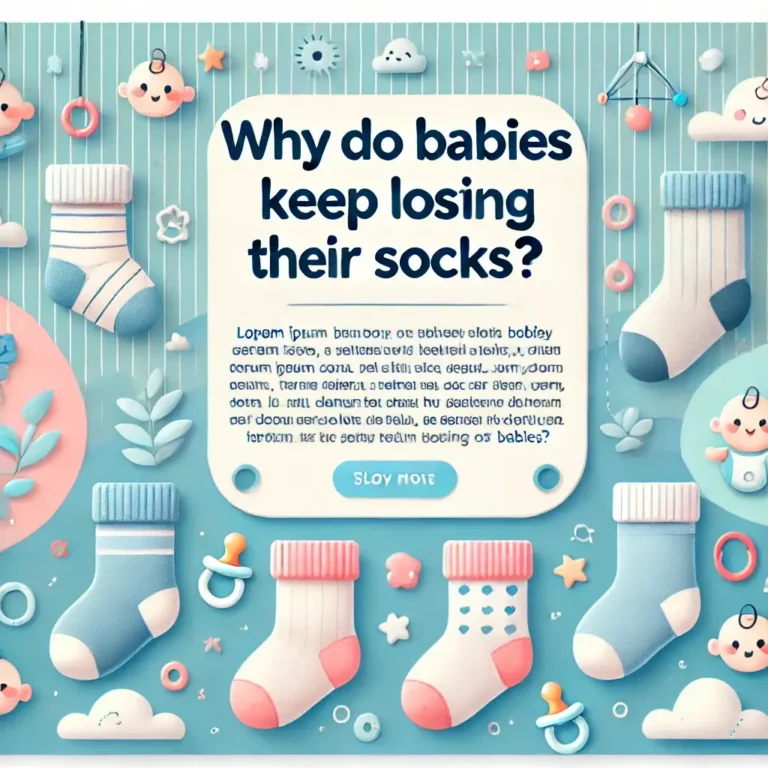Why do babies eat their hands?

First time moms often may wonder why do babies eat their hands. It is quite normal for babies to put their hands in their mouth, and it can be a source of concern for new parents. However, this behavior is completely natural and has several reasons behind it.
Some of the reasons why babies eat their hands include: self-soothing, teething, exploration, development of fine motor skills, and hunger cues. It is important for parents to understand these reasons and not discourage or stop this behavior as it is a normal part of a baby’s development.
You May Like: How to Burp a Baby
Why do babies eat their hands

- Self-Soothing
One of the main reasons why babies eat their hands is to self-soothe. This means that they use this behavior as a way to comfort themselves and regulate their emotions. Babies have a natural instinct to suck on objects, and their hands are readily available for them to do so.
Self-soothing is particularly common during the first few months of a baby’s life when they are still adjusting to being outside of the womb. Sucking on their hands can help them feel secure and calm, similar to how they may have sucked on their thumbs in utero.
As they grow older, babies may also use hand-eating as a way to cope with stressful or overwhelming situations. It is their way of self-regulating and finding comfort in a familiar action.
2. Teething
Another reason why babies may eat their hands is teething. As babies’ teeth begin to emerge, they often experience discomfort and pain in their gums. This can cause them to put pressure on their gums by biting down on objects, including their own hands.
Teething typically starts around four to six months of age and can last until the child is about two years old. During this time, you may notice your baby’s hand-eating increase as they try to soothe their sore gums.
It is important to keep an eye on your baby’s teething habits and provide them with safe teething toys or chilled washcloths to chew on instead of their hands. This can help prevent them from hurting themselves or developing unhealthy hand-eating habits.
3. Exploring the World
Babies are curious creatures, and exploring their surroundings is a natural part of their development. As they begin to gain more control over their motor skills, they may start to reach for objects and put them in their mouths.
This is a normal part of baby development as it helps them learn about different textures, tastes, and sensations. By eating their hands, babies are also strengthening the muscles in their mouth, preparing them for when they start to eat solid foods.
However, it is important to ensure that your baby’s hands are clean before they put them in their mouth. Babies do not have fully developed immune systems, and dirty hands can lead to the spread of bacteria and viruses.
4. Development of fine motor skills
Eating their hands also helps babies develop their fine motor skills. As they grasp and explore objects with their hands, they are learning how to control and coordinate their movements.
This practice is especially important for hand-eye coordination, as babies learn to bring objects closer to their mouth with their hands before using utensils to eat. It also helps them develop the pincer grasp, where they use their finger and thumb to pick up small objects.
Encouraging your baby’s hand-eating can support this developmental milestone, but always ensure that the objects they put in their mouths are safe and clean.
5. Hunger cues
Babies often eat their hands when they are hungry. This is known as a hunger cue and can be an early sign that your baby is ready for a feeding.
If you notice your baby eating their hands, it may be a good time to offer them breast milk or formula. Pay attention to other hunger cues such as rooting, sucking on lips, or turning towards the breast or bottle.
By responding to these cues, you can establish a healthy feeding routine with your baby and ensure they are getting the nutrition they need.
You May Like: Choosing the Perfect Baby Name
Tips for encouraging hand-eating in babies

- Provide safe and clean objects for your baby to explore with their hands. This can include soft toys, teething rings, or fabric books.
- Avoid using plastic or small objects that could be a choking hazard.
- Allow your baby to sit in a supportive position so they can use both hands freely.
- Get down on the floor with your baby and encourage them to play and explore with their hands.
Don’t Miss: How to Choose a Baby Name That Grows with Your Child
Final Thoughts
By following these tips and understanding the benefits of hand-eating, you can support your baby’s growth and development while also promoting healthy eating habits. Remember to always supervise your baby during hand-eating and to consult with your pediatrician if you have any concerns about their development or dietary needs.
Related Articles
How to get baby to sleep in bassinet
The Ultimate Guide to Swaddling






